Are you feeling stressed out and overwhelmed with daily life? We have some good news for you! Aromatherapy is a simple and effective way to enhance your self-care routine and improve your physical and emotional health.
Aromatherapy utilizes highly concentrated plant extracts, known as essential oils, for their therapeutic properties. You can use essential oils in a variety of ways, including inhalation, topical application, and ingestion.
Read on as Value Place shares all the ways aromatherapy can enhance your self-care routine!
The Benefits of Aromatherapy
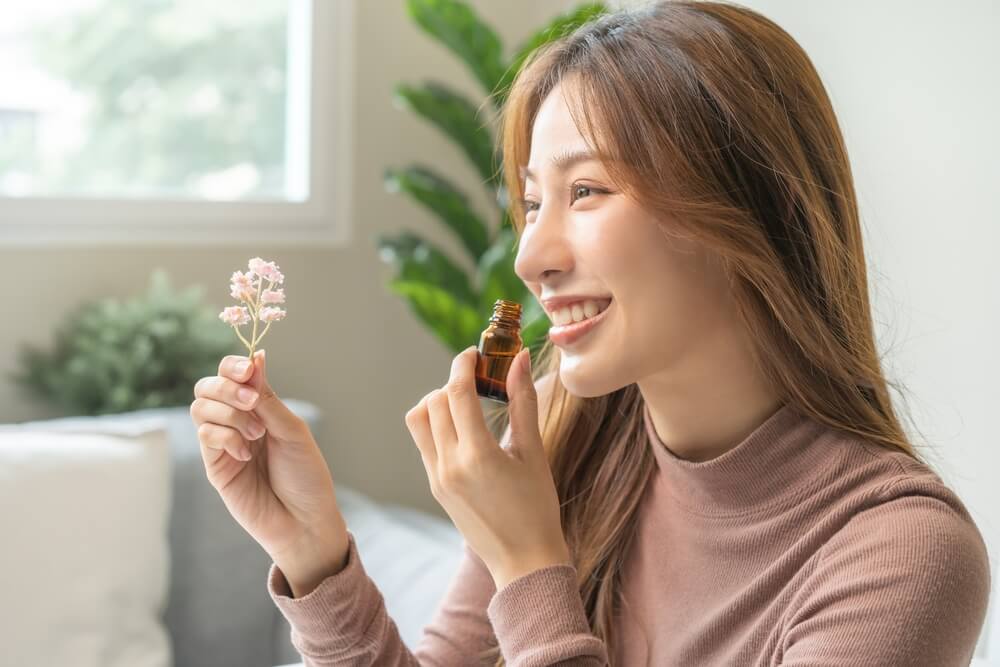
Aromatherapy has a number of benefits for both physical and emotional health. Let’s take a look at some of the ways you can benefit from aromatherapy.
Physical Benefits
Pain relief: Essential oils like lavender and peppermint have analgesic properties that can help alleviate pain from headaches, muscle aches, and joint pain.
Improved sleep: Certain essential oils, such as lavender and chamomile, have sedative properties that can help promote relaxation and improve sleep quality.
Immune system support: Essential oils like tea tree and eucalyptus have antimicrobial properties that can help boost the immune system and fight off infections.
Respiratory health: Essential oils like eucalyptus and peppermint can help clear congestion and improve breathing.
Skin health: Essential oils like tea tree and lavender have anti-inflammatory and antiseptic properties. This can help improve skin health and treat conditions like acne and eczema.
Emotional Benefits
Stress relief: Essential oils like lavender and bergamot can help reduce stress and promote relaxation.
Improved mood: Lemon and peppermint essential oils can help improve mood and promote feelings of happiness and positivity.
Anxiety reduction: Essential oils lavender and ylang ylang can help reduce anxiety and promote feelings of calm.
Boosted energy: Peppermint and rosemary essential oils can help improve energy levels and mental alertness.
Enhanced cognitive function: Essential oils like frankincense and lemon can help improve cognitive function and memory retention.
How to Use Essential Oils for Aromatherapy
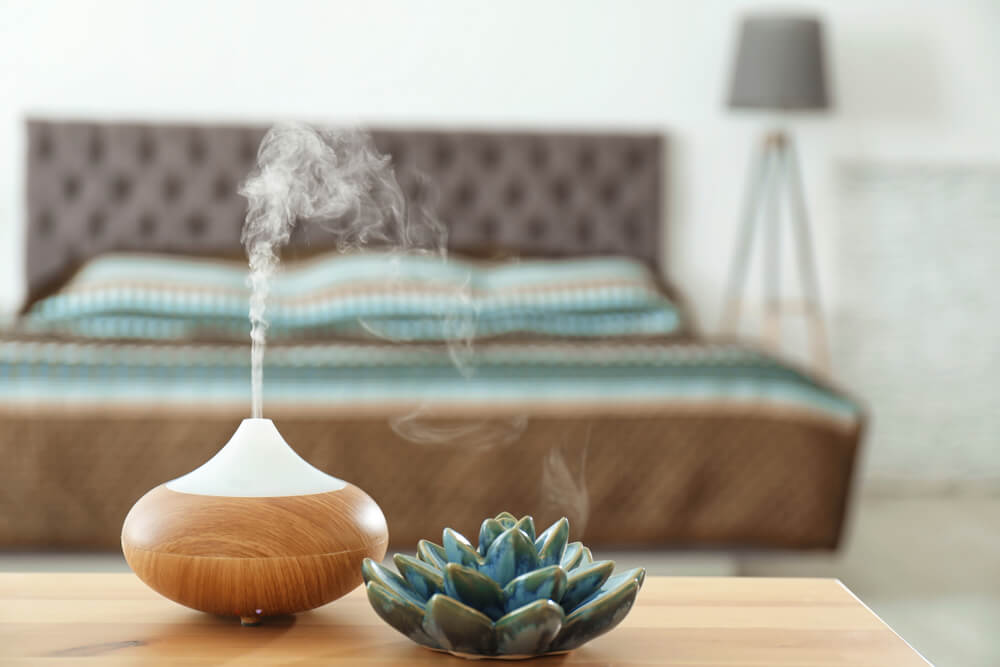
When it comes to using essential oils for aromatherapy, there are several methods to choose from.
Inhalation is one of the most popular methods of using essential oils for aromatherapy. You can use a diffuser, steam inhalation, or even add a few drops of essential oil to a tissue or cotton ball and inhale the scent.
Topical application involves applying essential oils directly to the skin. You can mix a few drops of essential oil with a carrier oil, such as coconut oil or almond oil, and massage it into the skin.
Ingestion involves adding essential oils to food or drinks or taking them in capsule form. However, there are safety precautions with this method so read on before deciding to ingest essential oils.
Essential Oils for Self-Care
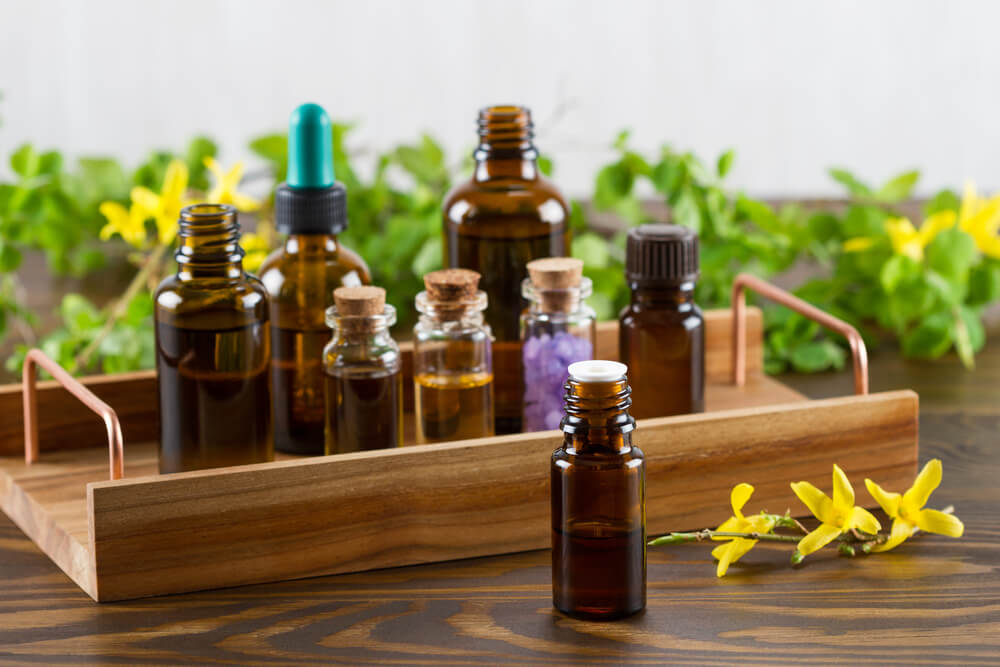
Now, let’s talk about some popular essential oils for self-care.
Many people use lavender, a popular essential oil, to promote better sleep and reduce stress and anxiety because of its calming and relaxing properties.
Peppermint, an invigorating essential oil, can help improve energy levels and mental alertness. Additionally, people often use it to alleviate headaches and nausea.
Lemon is a refreshing essential oil that can help improve mood and promote feelings of happiness and positivity. It’s also known for its antibacterial properties and can be used to clean and purify the air.
Tea tree is a powerful essential oil that has antiseptic and antimicrobial properties. It’s often used to treat skin conditions like acne and fungal infections.
Eucalyptus, a popular essential oil, can improve respiratory health and clear congestion, as well as alleviate muscle and joint pain due to its analgesic properties.
Safety Consideration
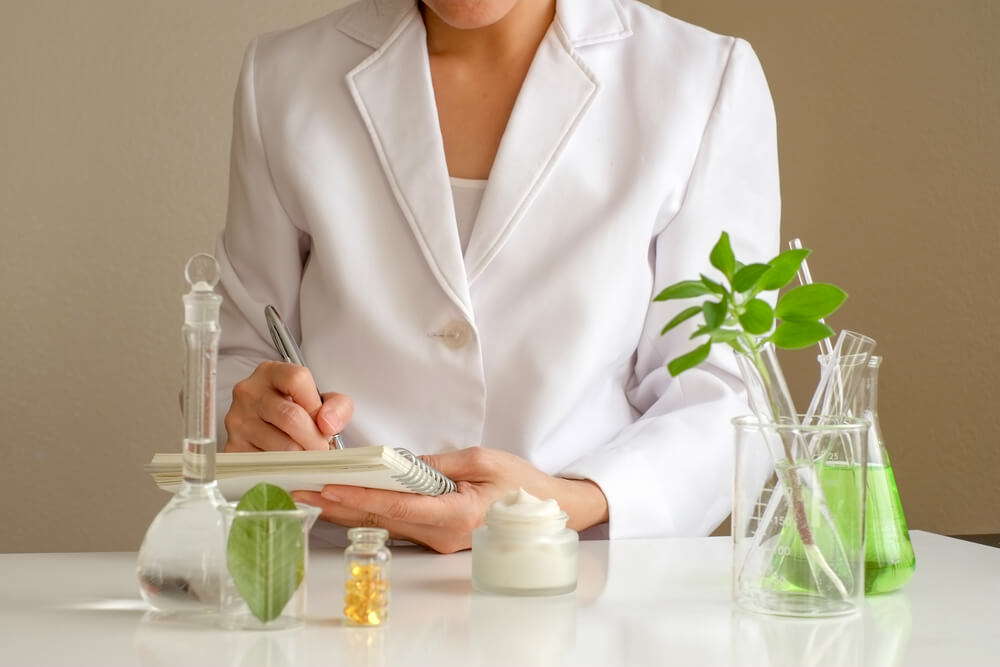
While essential oils can offer many benefits, it’s important to use them safely to avoid any adverse reactions. Here are some safety considerations to keep in mind when using essential oils for aromatherapy.
Essential oil quality: Choose high-quality essential oils from a reputable source to ensure purity and potency.
Dilution: Essential oils are highly concentrated and should be diluted with a carrier oil before applying to the skin to avoid skin irritation.
Skin sensitivity: Some essential oils can cause skin irritation, especially in those with sensitive skin. Always do a patch test before using a new essential oil.
Ingestion precautions: Not all essential oils are safe for ingestion and doing so can cause serious health problems. Because of this, we advise speaking with a healthcare professional before ingesting essential oils.
Essential oil storage: Essential oils should be stored in a cool, dark place away from sunlight and heat to ensure their potency and longevity.
Should You Add Aromatherapy to Your Self-care Routine?
Adding aromatherapy to your self-care routine can provide numerous physical and emotional benefits. You can use essential oils in different ways depending on your preferences, and there are many different types of essential oils to choose from. However, it’s important to use essential oils safely and with caution to avoid any adverse reactions.
With proper use, aromatherapy can be a powerful tool for enhancing your overall well-being, so give it a try and see how it can help you!

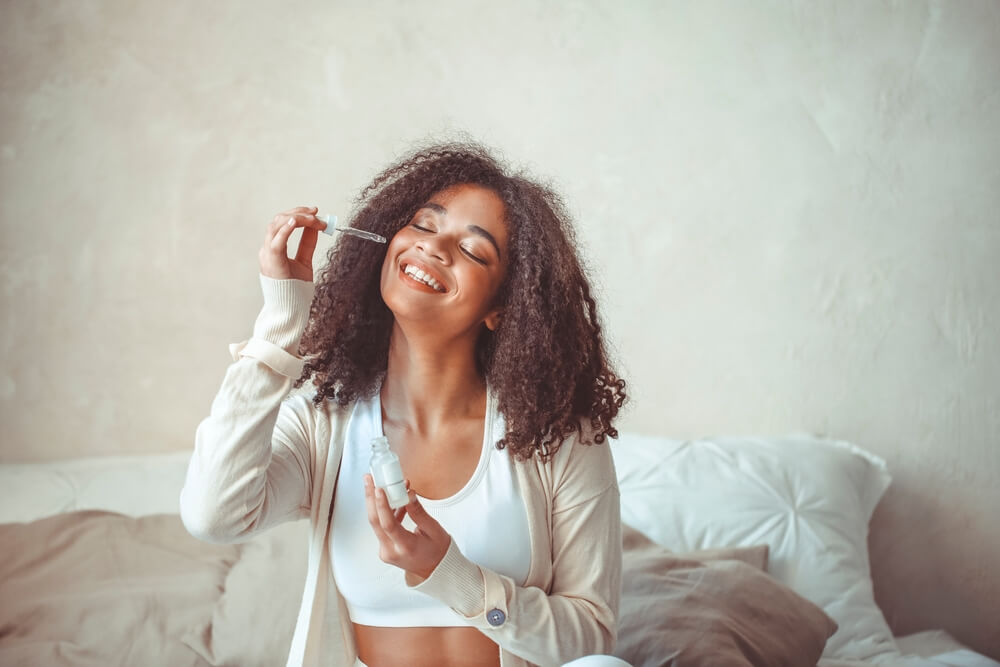
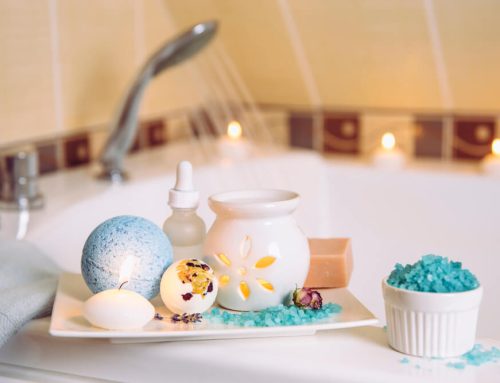


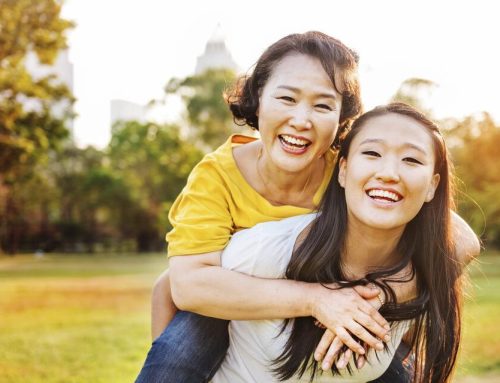
Leave A Comment